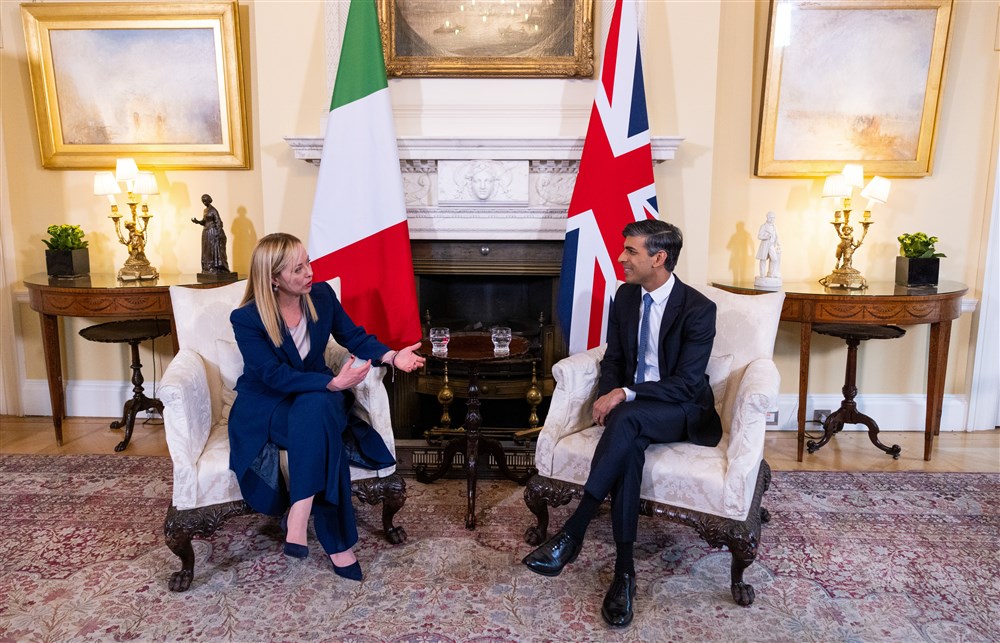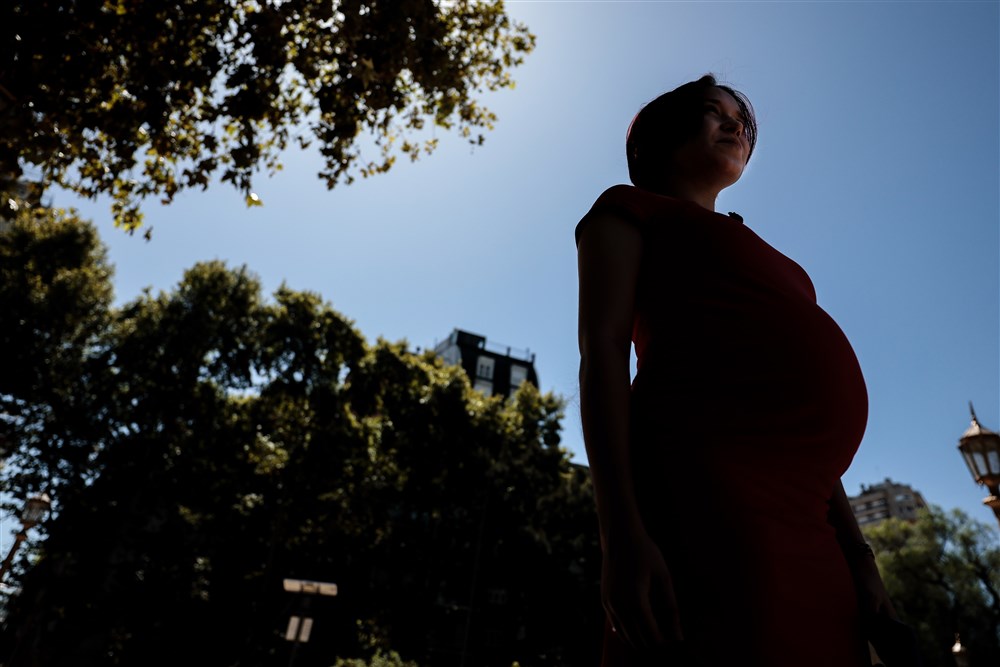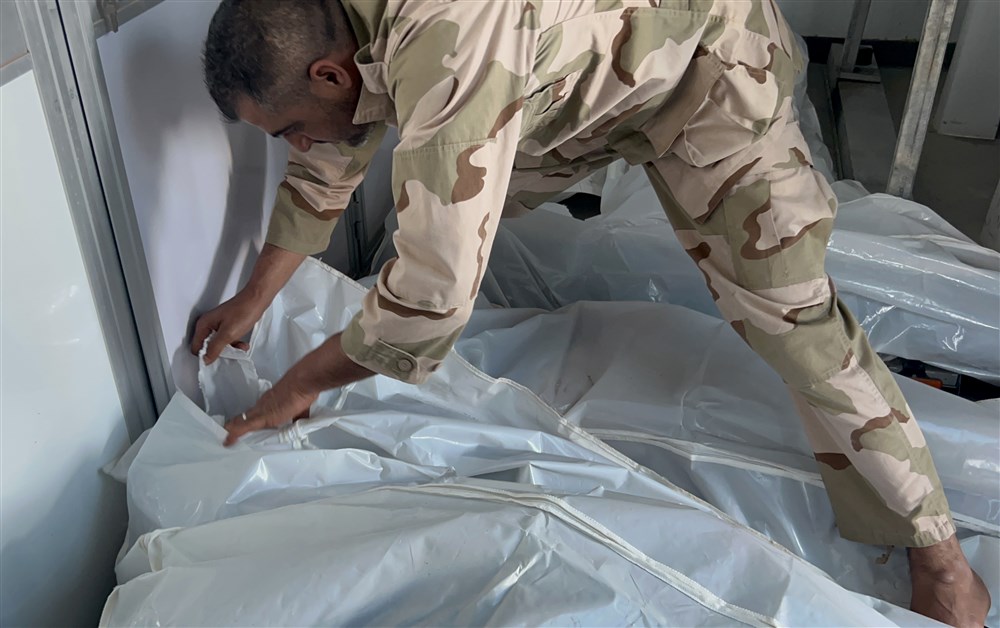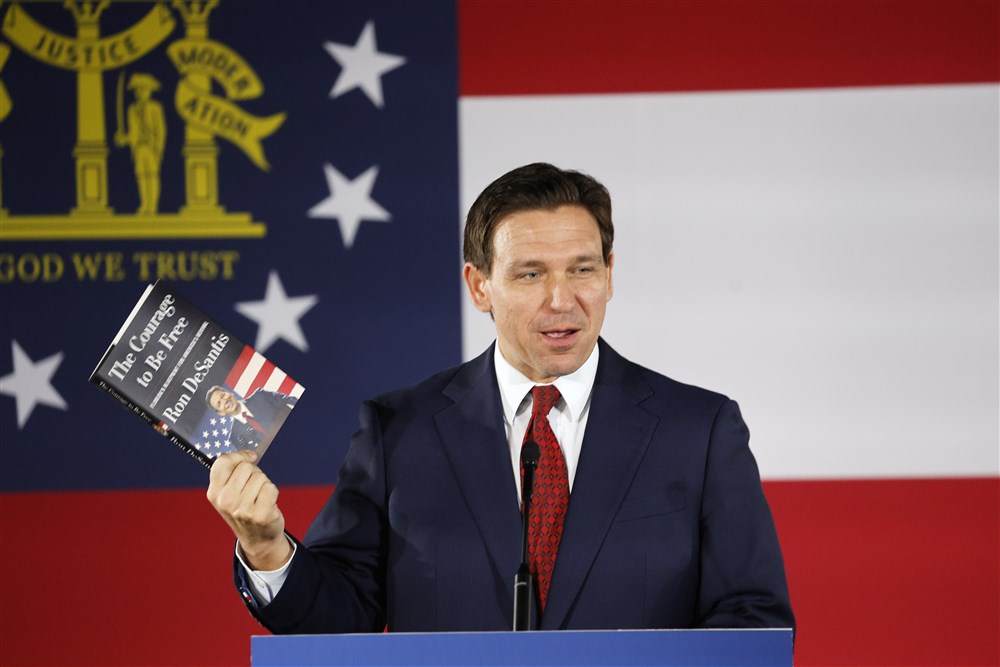Giorgia Meloni wants to amend Italy’s constitution so that future prime ministers have more power.
Her plans would give Italy a presidential-like structure similar to that of France via direct elections. It would put an end to the current system considered too dependent on malleable political parties and varying coalitions that can result in the appointment of unelected leaders.
Italy has had 68 governments in 76 years and has as a result suffered from political instability and legislative deadlock.
Opposition parties have been sceptical of her plans. Giuseppe Conte, leader of the Five Star Movement, said, “The direct election of the President of the Republic will not provide solutions for the stability of the government.” The secretary of the Liberal PD party, Elly Schlein, argued that the “premiership is not a priority.”
Meloni is seeking support from the opposition in parliament. “I would like this reform to be approved as soon as possible, but I have a mandate from the people regardless and I want to honour my promises.” She said it was “a priority to put an end to governments that have been built in laboratories” and to “unify those who govern with popular consent” in order to “provide this nation with stability, with governments that last five years.”
The draft law is ready: it foresees the direct election of the prime minister or the president of the Republic.
Meloni wants to avoid the fate of her predecessor Matteo Renzi, who was ousted as prime minister in 2016 after losing a referendum over similar constitutional reforms. She has therefore set a time-frame that isn’t too strict.
Her plan needs opposition approval. If necessary, she says, she will call a referendum.
“A referendum? It is the beauty of a democracy. If [the opposition] continues to say ‘no’ to every proposal we make, then the Italian people will make that choice,” said Matteo Salvini, deputy prime minister and leader of the right-wing League party. But with opposition united against the plan and Italians divided, the risks to Italy’s right-wing government are high.
Maria Casellati, minister of institutional reforms under Meloni, said the government is seeking a shared solution with the opposition in order to avoid a referendum. But opposition parties may not be inclined to delegate more powers to the prime minister, and defeat for the government in referendum may be in their best interest.
Russian gas imports and you have a potentially explosive concoction.





